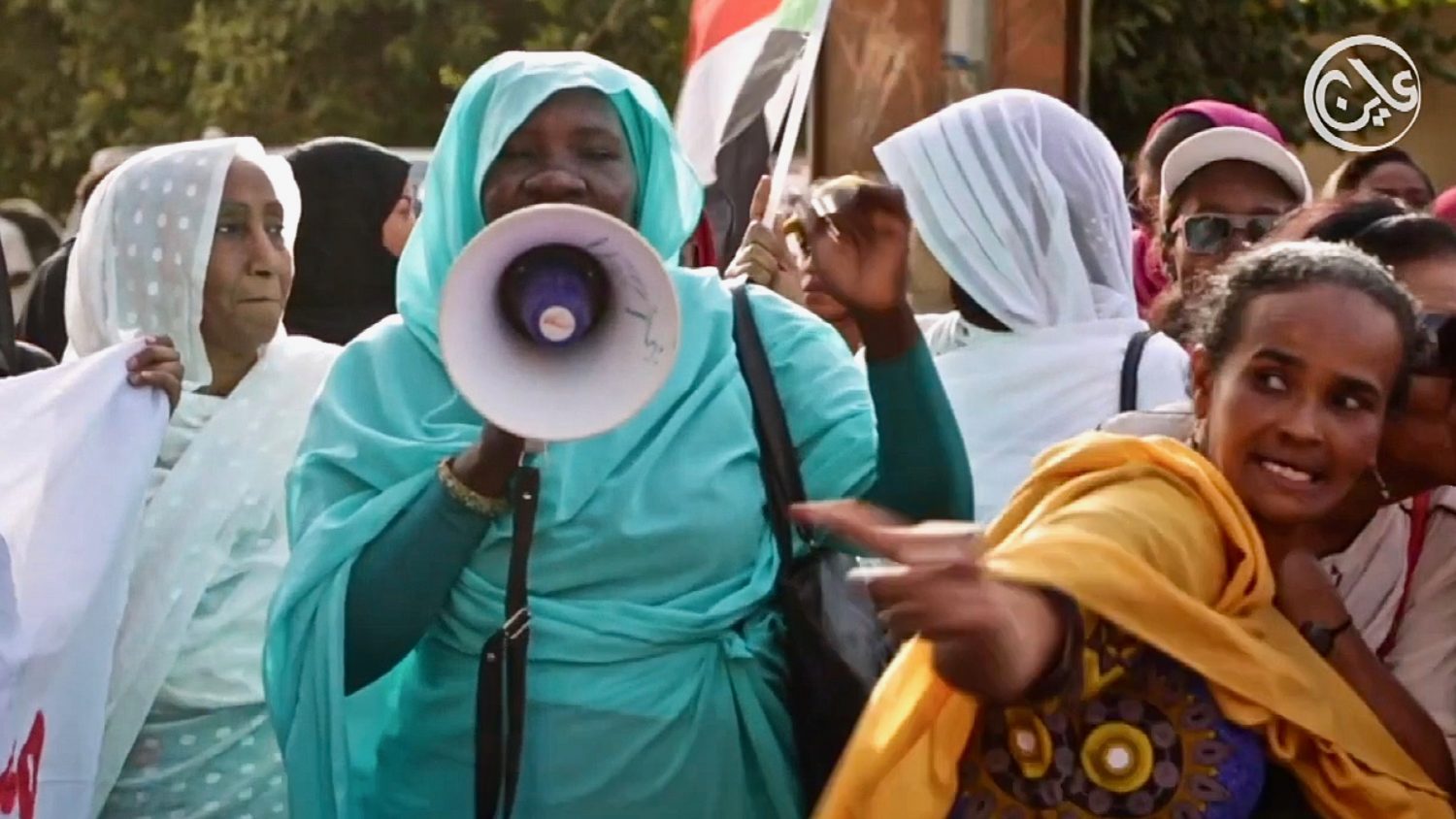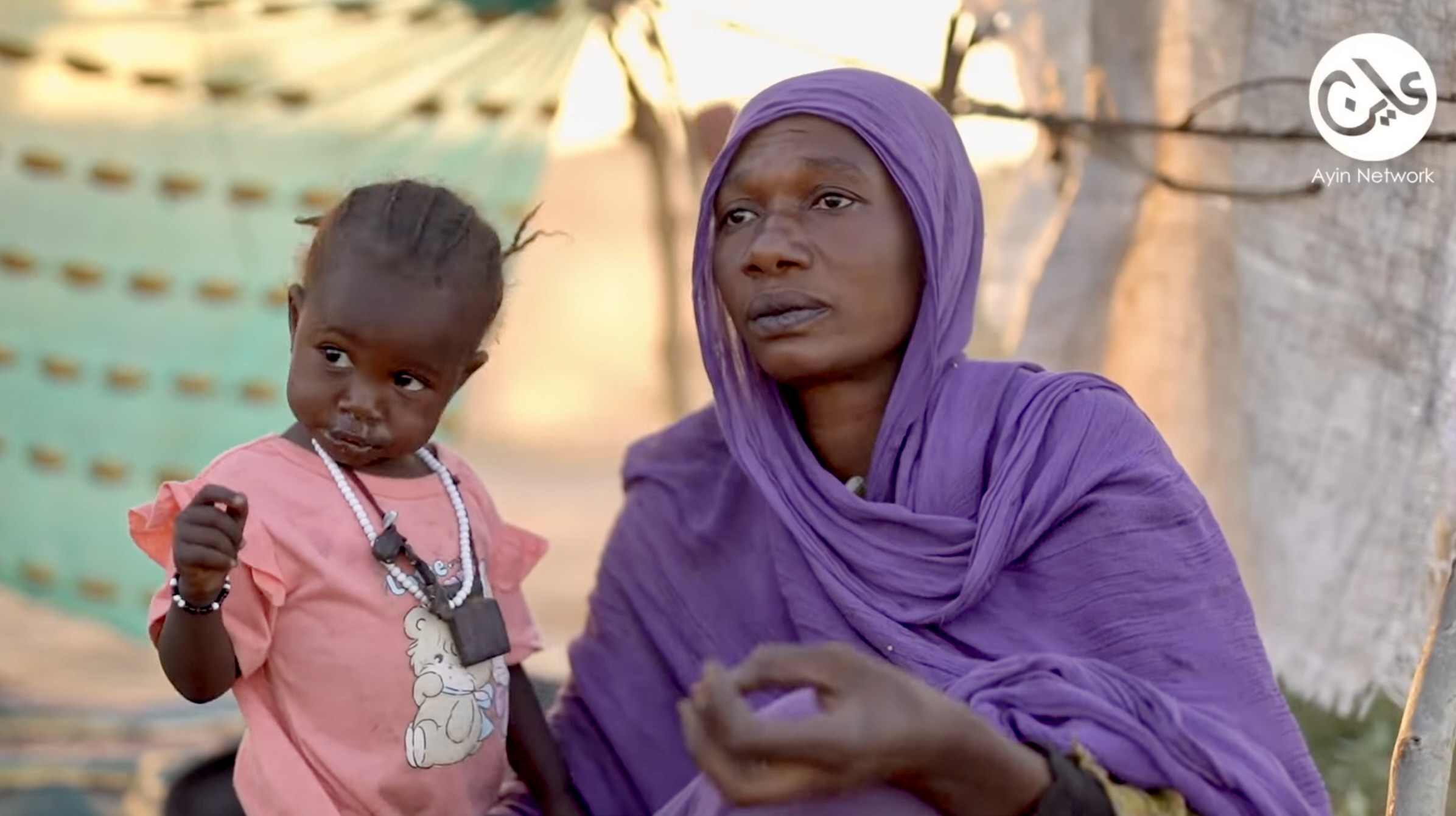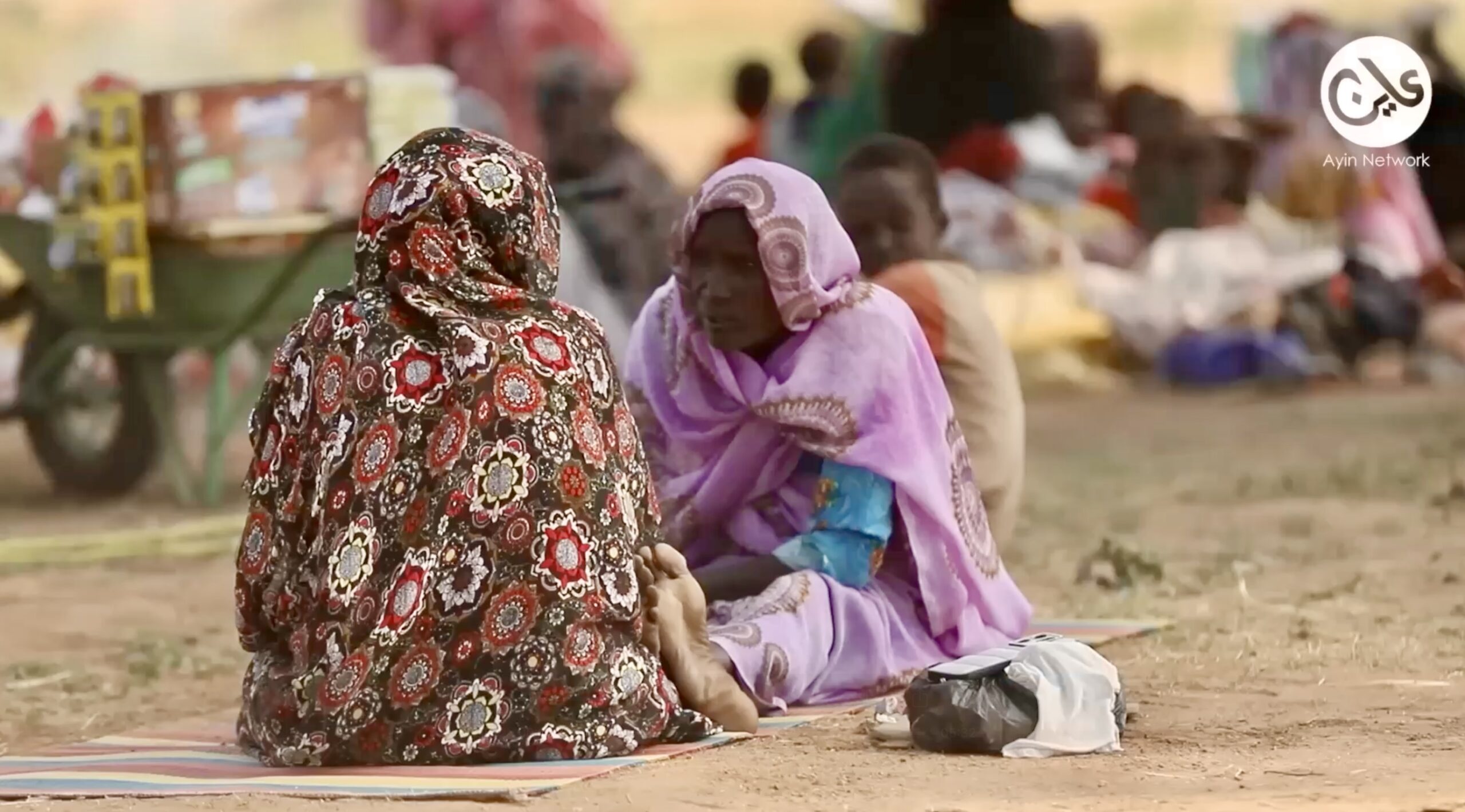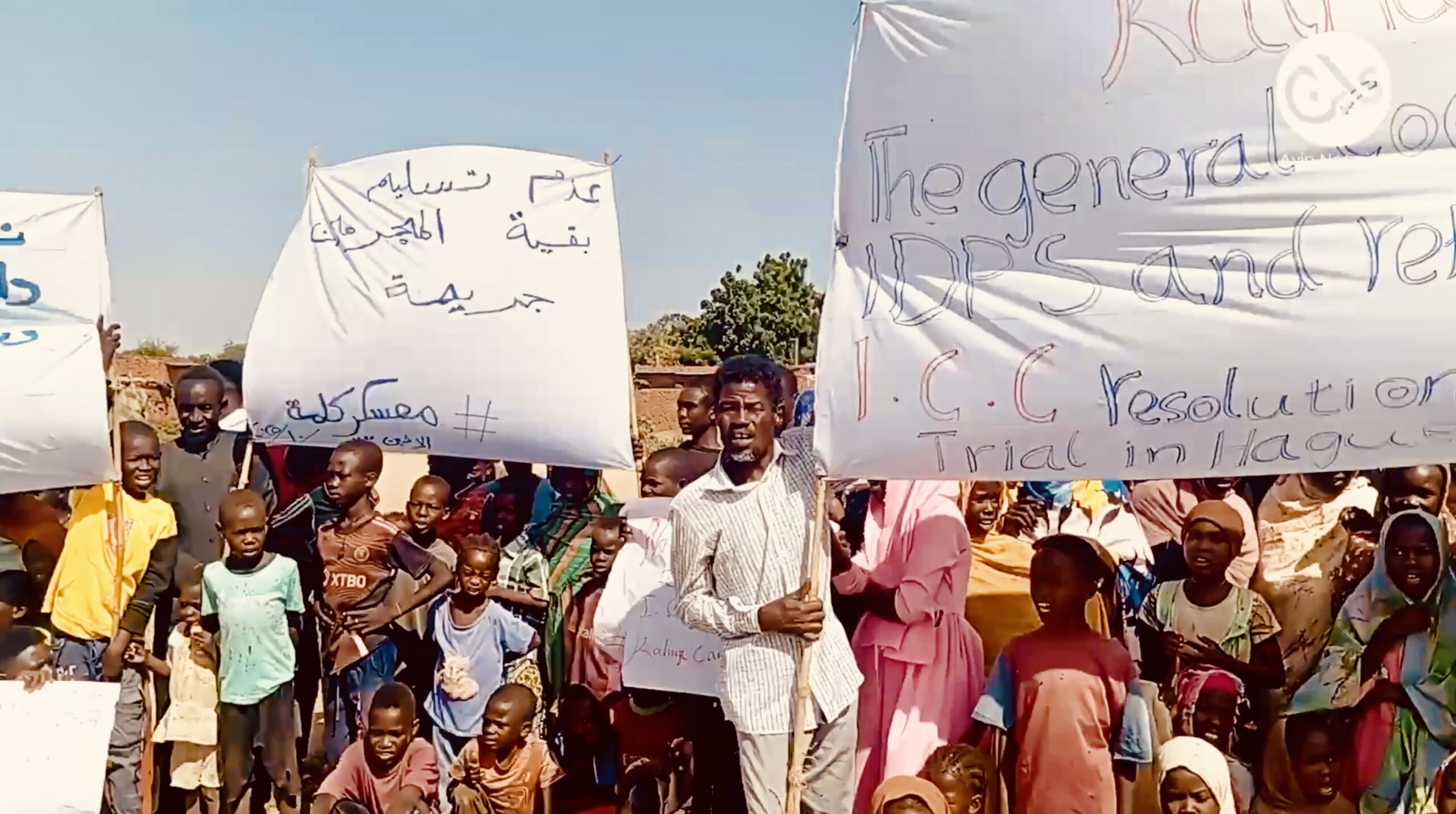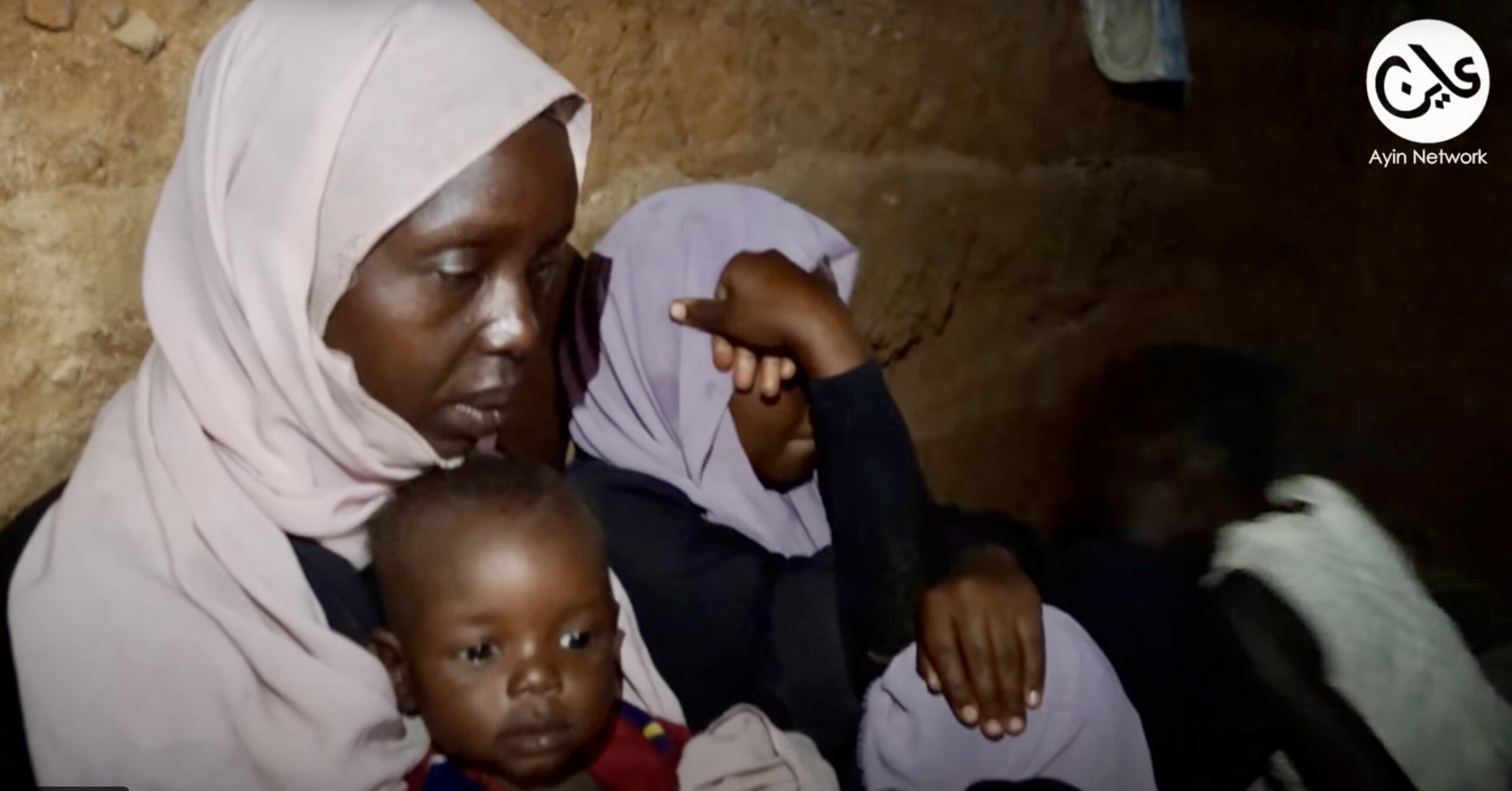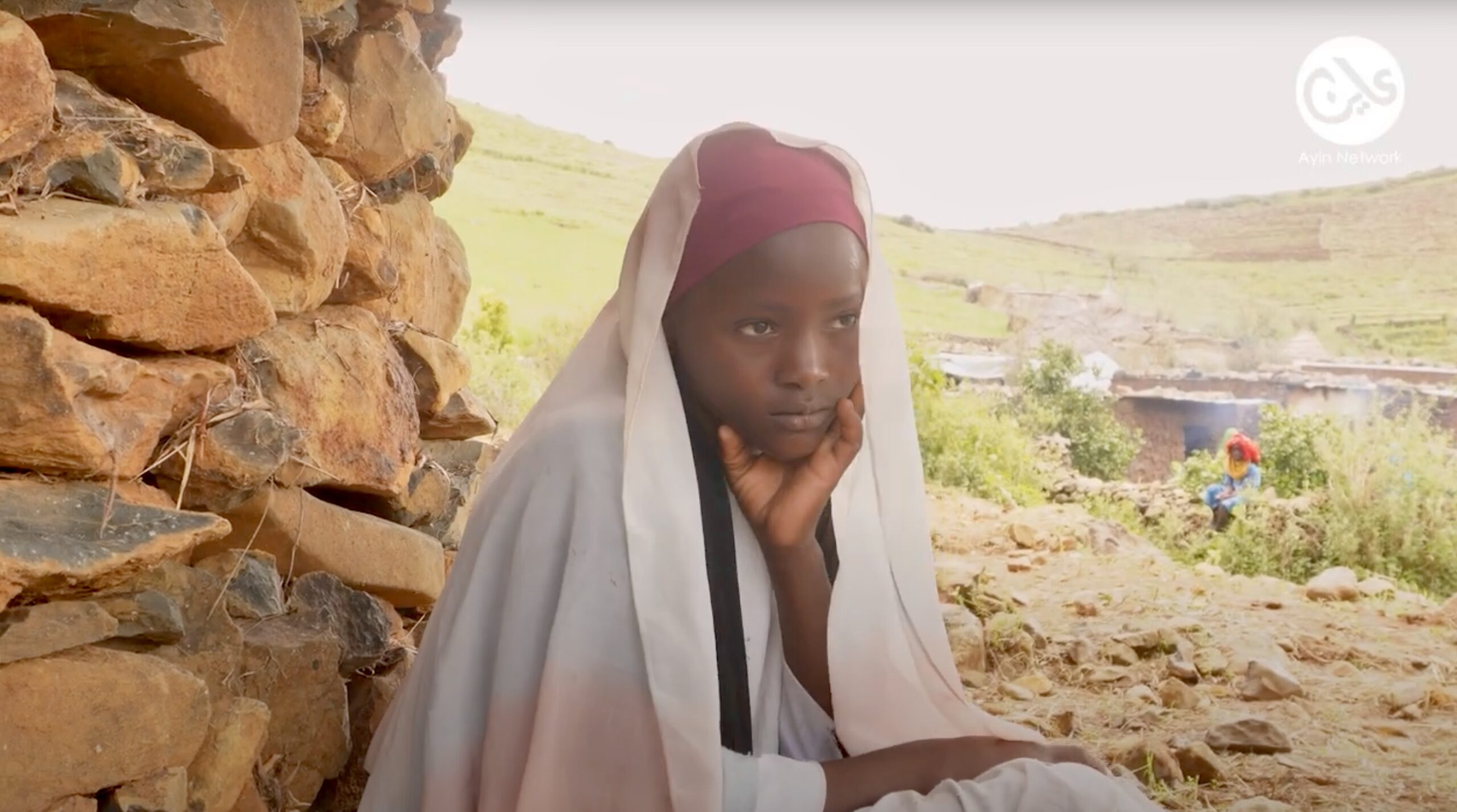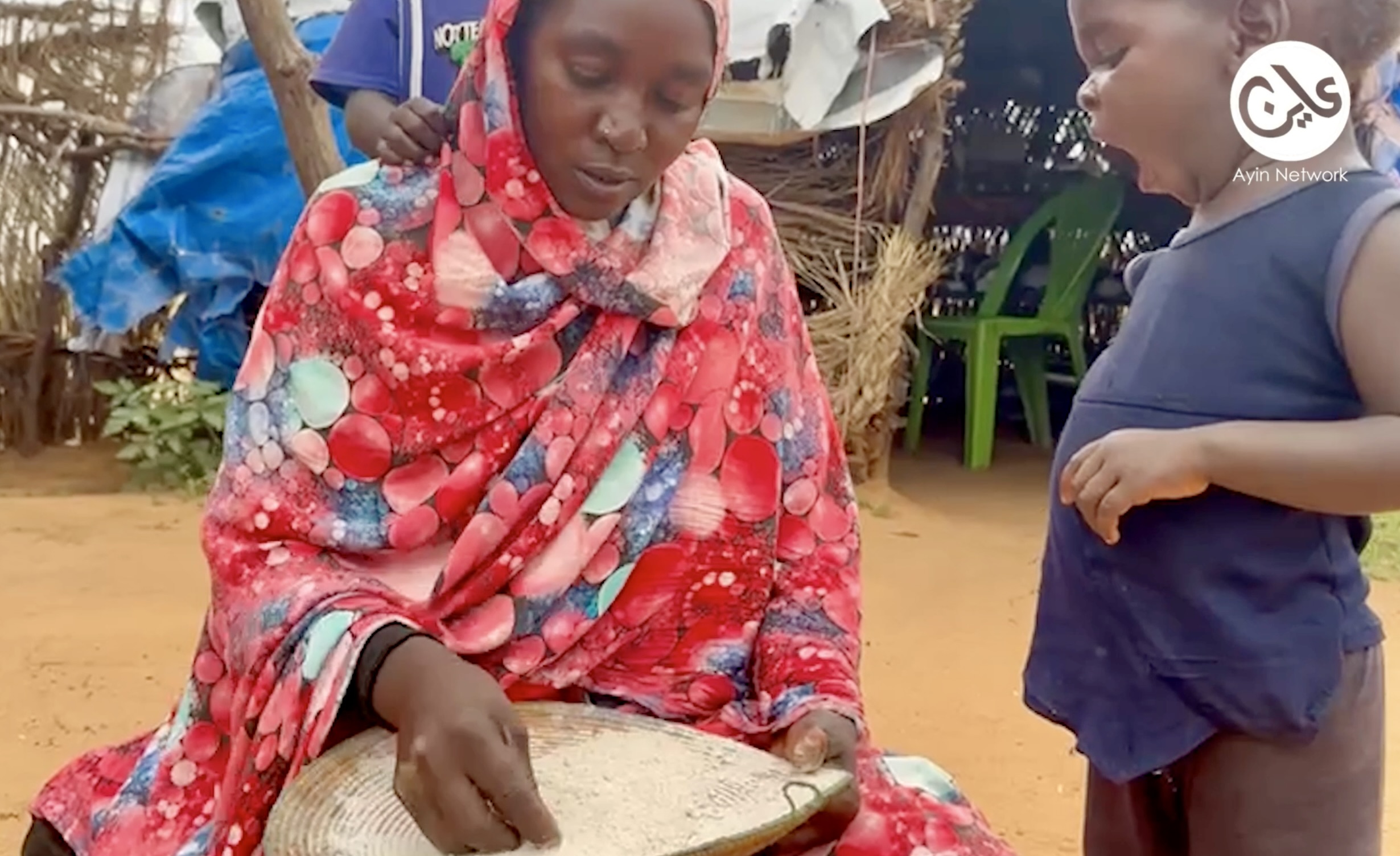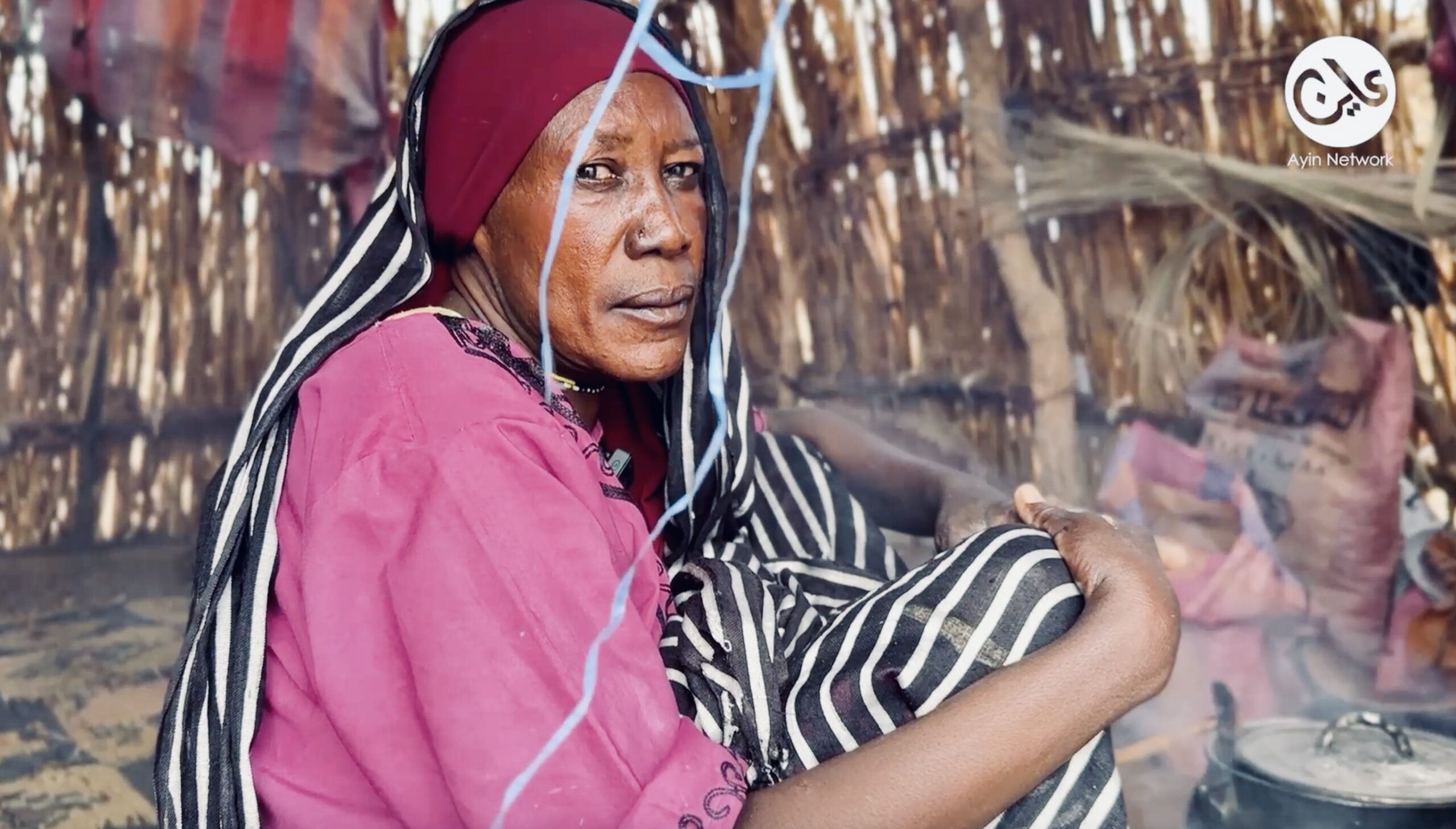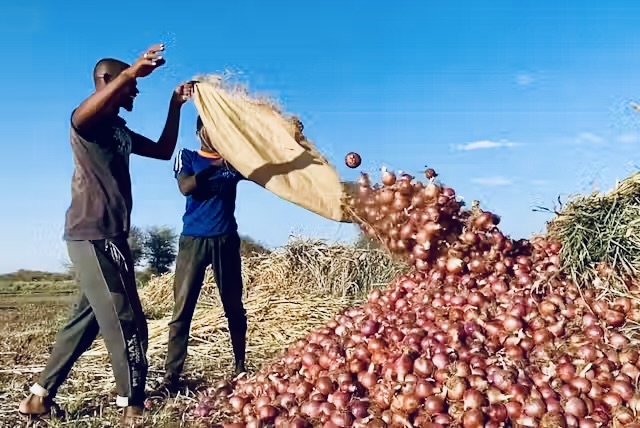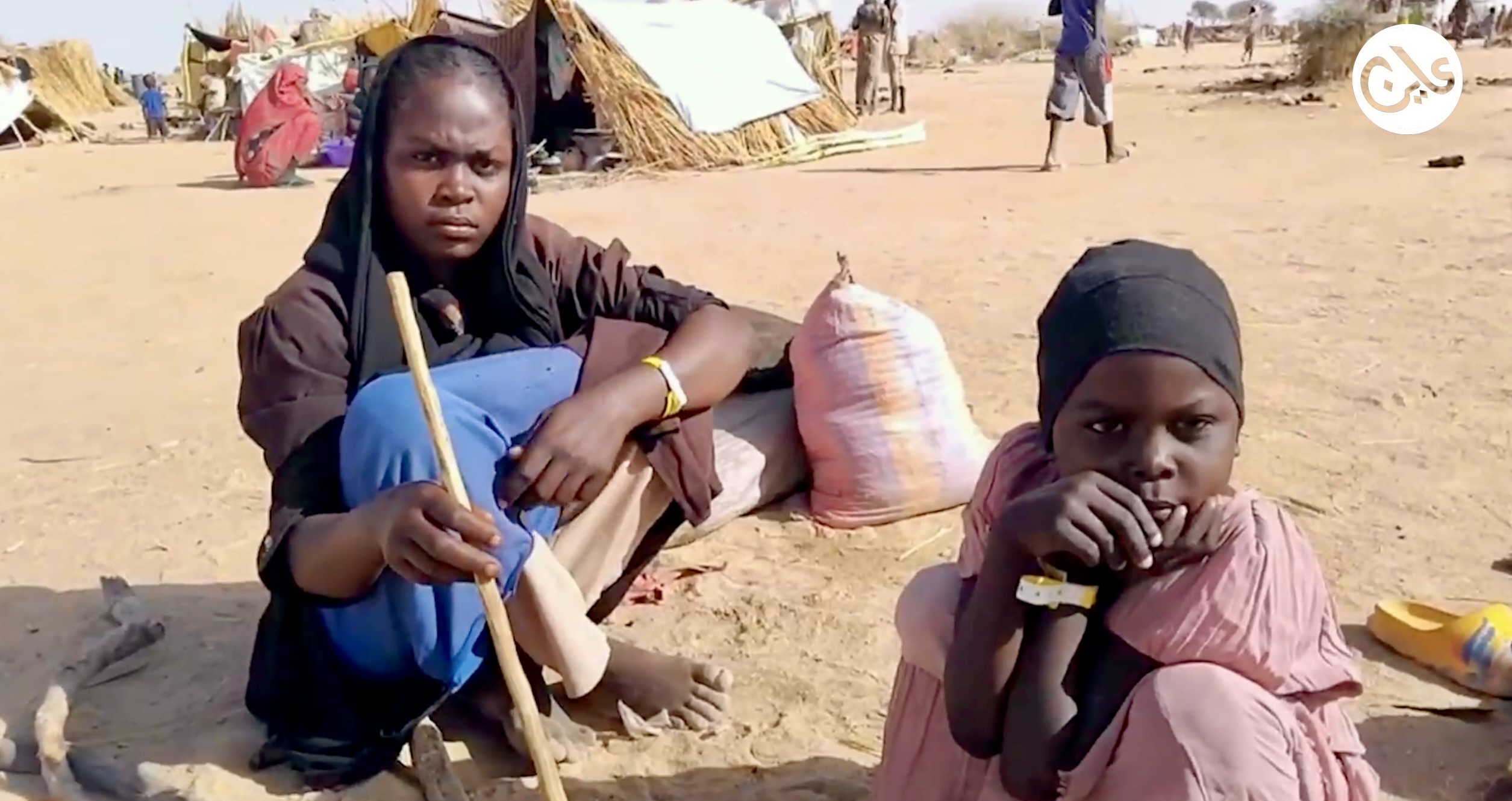Fighting for women’s rights in Sudan, gains and setbacks amidst harassment
20 May 2021
Modest gains in achieving gender equality in Sudan are met with considerable setbacks, including attacks and threats against women’s rights activists, according to several sources active in supporting gender rights.
Last month, women rights groups celebrated a small victory after the Sudanese cabinet voted to ratify a United Nations convention that promotes equal rights for women and girls. But last week, the Fiqh (Muslim jurisprudence) Academy, an institution that falls under the Ministry of Religious Affairs, issued a fatwa (ruling) against the international convention, the UN Convention on the Elimination of Discrimination Against Women (CEDAW). The religious body said CDEAW can only be approved following the removal of articles “that lead to the abolition of Muslim family and inheritance laws.”
The cabinet’s support for CEDAW was already a muted affair since the Sudanese cabinet made reservations on three articles within the convention.
For many years, gender-rights groups have advocated for the endorsement of the convention, the Sudanese Women Union said, but the reservations have quashed these efforts. “The [rejected] articles are considered the spirit of the convention and clarify the rights of o women, without them the agreement becomes a dead letter,” according to a statement by the union.
The cabinet stopped short of endorsing three fundamental articles of the CEDAW asserting equality between men and women in matters including marriage, divorce, and parenting.
CEDAW was adopted in 1979 by the UN General Assembly and has been ratified by 189 states.
While women played an instrumental role in Bashir’s ouster, activists say the transitional government that they helped usher in continues to curtail gender equality since they are unwilling to challenge conservative norms established under the previous regime. Instead, activists say, the current government provides “window dressing” to appease the international community and no one else.
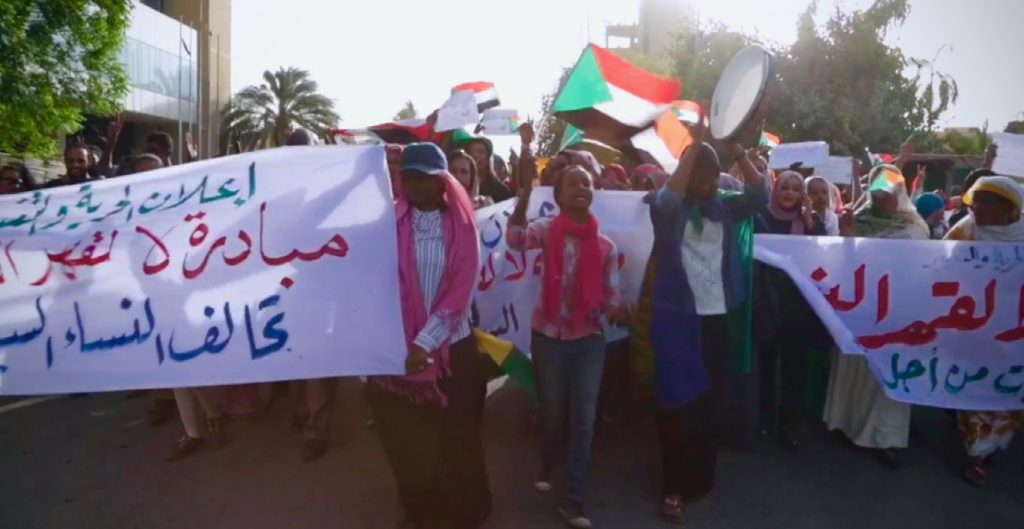
April protest
Earlier in April, hundreds of women demonstrated in Khartoum to demand reforms, including ratifying the CEDAW and the abolition of discriminatory laws against women. One of the key organisers of the demonstration, Yousra Fuad, said the march was a success, having encouraged a multitude of women from diverse backgrounds.
But the event itself, Fuad said, was also fraught with challenges. One man driving a pick-up truck attempted to literally drive his vehicle into the female protestors. Fortunately, no one was hurt in the incident. In another incident, a group of male university students shouted at the women, threatening them with rape and affirming that they “were rapists”.
Several cases were filed against the attackers and Fuad appreciates the prosecutor’s office in pursuing these assailants but says more needs to be done to ensure women can file complaints of abuse. “Police stations and courts must be a safe place for women to go to, they need to feel secure to file complainants in cases of domestic violence and assaults.” The procedures, she said, must be carried out without bias or the commonly used tactic of stalling.

“What happened during the march was clear evidence of Sudanese women’s situation and the gender-based violence women and girls experience on a daily basis,” Fuad told Ayin.
The April protest followed an online campaign where women and girls shared their experiences of domestic violence and sexual harassment after a 13-year-old Samah el-Hadi was killed by her father for wanting to go to a private school.
The protest was also in response to the Assawt (“whip”) campaign launched by men, targeting women in the capita’s streets for their interpretations of “indecent dress”. The campaign started via a viral hashtag on social media at the end of March that promoted the attacks – whereby Facebook posts showed hundreds of messages of support from Sudanese men.
“What happened during the march was clear evidence of Sudanese women’s situation and the gender-based violence women and girls experience on a daily basis”
— Yousra Fuad, Women’s Rights Activist
Attacks against women for what they wear or for speaking out against discrimination are routine, says gender rights activist Waad Bahjat.
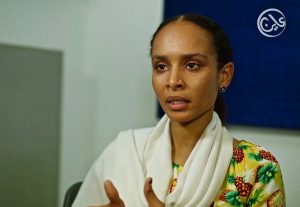
Everyday harassment
See: Waad Bahjat’s story
On 8 November, Waad Bahjat was trying to fuel her car amid the long lines triggered by the fuel crisis in Sudan. She joined a women’s fuel line in a petrol station in Khartoum and waited patiently in the line behind about eight cars. Soon she noticed that the women’s line was not moving, while other lines reserved for men were.
There were soldiers at the station organizing the lines as it became the new norm after fuel shortages, and they were blocking women from using the service. Waad protested this and started a live stream on her Facebook page to show what was going on.
Without an arrest warrant, a police officer literally dragged Bahjat to a police station for filming and resisting arrest. Manhandled and abused in the process, she was eventually released around 2 am the next day on charges of “disturbing the peace”, invasion of privacy for filming the police officer, and “using criminal force” after the officer accused her of hitting him.
Her trial was fraught with bias. Her defense team was, at times, prohibited entry to the trial while the prosecution had open access. “He [the judge] refused to listen to my witnesses or check my evidence,” Bahjat said.
The conviction sent a clear message: that we [women] shouldn’t demand our rights”
— Waad Bahjat, Women’s Rights Activist
According to an Ayin investigation last year, Sudan’s civil service is still predominantly run by members of the former regime, the National Congress Party, especially cadres within the justice system. It is these same elements within the security forces that still work under the transitional period, activists say, that target women and those appealing for their rights.
Bahjat was convicted this year under article 143 of the Criminal Law of 1991 “using criminal force” against the officer, punished with a six-month suspended sentence, and ordered to pay a fine of 10,000 Sudanese Pounds SDG (roughly US$ 27). The conviction, Bahjat told Ayin, “sent a clear message: that we [women] shouldn’t demand our rights.”
This incident, Bahjat says, is not an isolated case but a daily occurrence for Sudanese women and a clear sign that serious reforms need to take place within Sudan’s police forces and legal system.
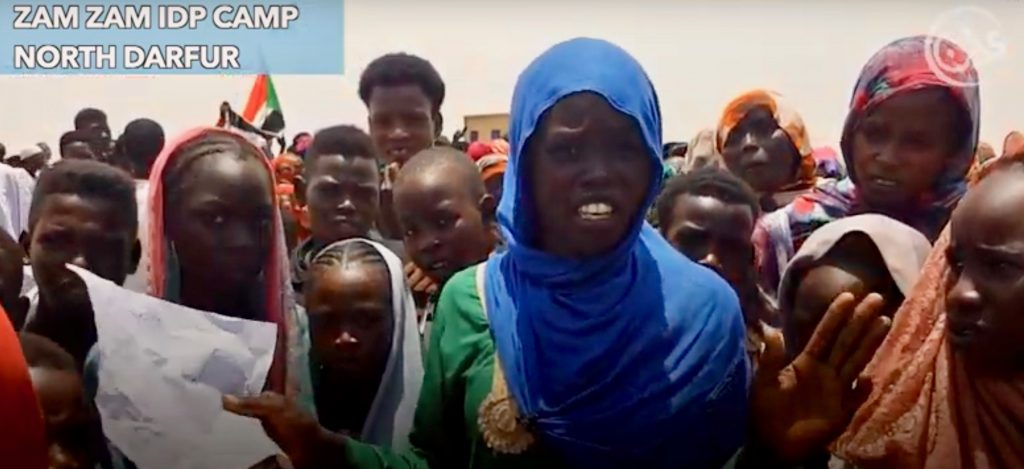
Women from poorer backgrounds and minorities, Fuad told Ayin, often face the worst discrimination by security forces, since they lack the means to fight back.
According to Fuad, attacks against women are, in fact, on the rise during the transitional period. “This is basically due to the security void in Khartoum but also across other states in Sudan, in particular the Darfur region. We have seen the normalization of sexual violence –it’s part of the daily news and experience of women and girls in Darfur.” The government is not taking any serious measures to change this, Fuad says, while the legal framework allows the perpetrators of this violence impunity to continue.
“Changes need to take place,” Bahjat said, “so that we don’t have to keep fearing police so that we don’t keep trying to find ways around issues just to survive. We have been living under this mentality for the past 30 years. Now, after the revolution, do we have to keep doing the same?”




